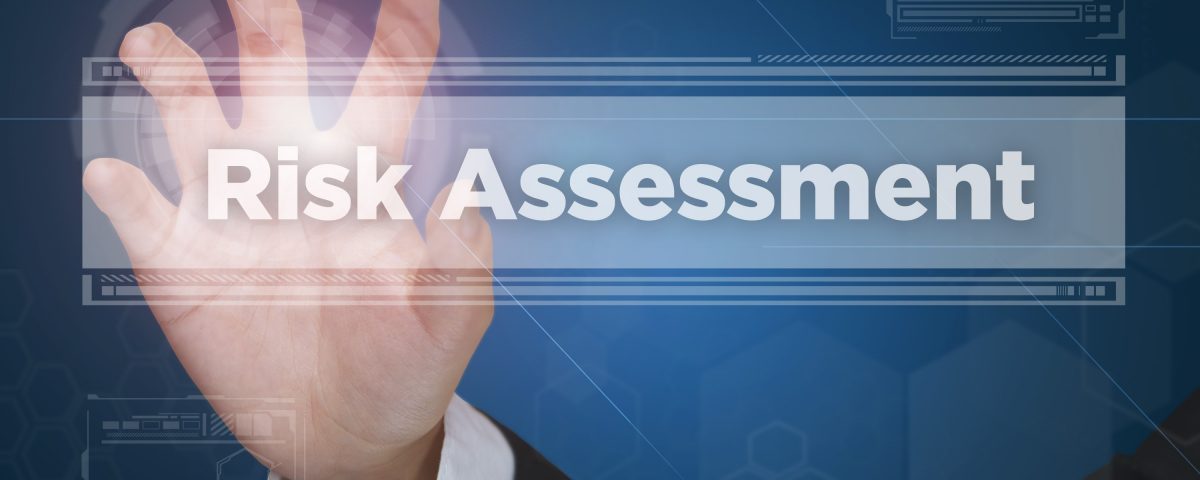The Benefits of an Active Shooter Risk Assessment

The Makings of an Active Shooter Safety Action Plan
June 11, 2018
Questions and Answers About Active Shooter Insurance
June 25, 2018The Benefits of an Active Shooter Risk Assessment
Over the past two decades, hundreds of people have lost their lives and thousands more were injured at the hands of gun-based violence. “Active shooters” seem to be a near-weekly occurrence, with devastating results that tear lives and communities apart. These active shooters can strike anywhere and at any time, and have targeted school campuses, places of worship, office buildings, and retail establishments.
Businesses and organizations wish to protect not only the people that visit their establishments, but also the financial assets that are critical in keeping operations running smoothly. Active shooter insurance is one way that protection from financial losses can be obtained, but there is more to the picture than insurance. In today’s work environment, emergency preparedness is key and the need for security risk assessments is paramount.
Active Shooter Planning and Training
To overcome the challenges posed by a potential workplace violence incident, smart organizations leverage three major factors to protect their personnel and their financial assets. It goes without saying that planning forms the foundation of any organizational protocol, and in the face of potential active shooting events, a solid plan must be in place.
Most companies and organizations conduct some sort of new employee training, which often includes basic emergency procedures like fire drills and avoiding slip and fall injuries while on the job. However, far fewer organizations include active shooter training in their employee orientation programs. School shooting incidents and workplace violence have skyrocketed in frequency in recent years, and for those organizations that want to protect their human assets, active shooter drills and preparedness seminars are vital components of the overall training plan. Giving organizational members the tools they need to assess potential threats and to take appropriate actions can empower those personnel, giving them a fighting chance in the event an active shooting incident were to take place.
Just as important as active shooter training is the concept of risk assessment. This is a critical part of the planning process, as risk assessment uncovers potential vulnerabilities that can be addressed before an incident were to occur. The security industry is flooded with requests to conduct active shooter consultations. In fact, school and business vulnerability assessments are considered part of the cost of doing business in today’s stressful environment.
Active Shooter Protection Insurance
While general liability insurance policies cover the basics of business risks, providing protection from many claims of bodily injury and property damage, these policies are not sufficient to protect against active shooter situations. In fact, specialized active shooter protection insurance has risen to the forefront as an effective solution to protect businesses and organizations in these tragic events.
Professional Governmental Underwriters, Inc. (PGU) is the authority on active shooter protection policies. Our unique primary coverage plans are tailored to the specific needs of clients, providing coverage against losses as well as incorporating proactive approaches to minimize exposure to risks. Two features of the core PGU policy stand out. First, the policy has a built-in provision to provide risk management services. An event responder team will visit the insured’s premises to undertake a physical Active Shooter and Security Vulnerability Assessment. This process identifies potential security weaknesses, allowing the organization to mitigate those risks and improve site security. Then, while on site, the team will conduct an Active Shooter Safety Action Plan Seminar, helping insured organizations to form a solid plan to protect the lives and safety of their personnel while offering protection for financial assets.
About PGUI
Professional Governmental Underwriters, Inc. is a full-service risk management company dedicated to assisting public, educational and non-profit entities in the management of their professional liability exposures. We are dedicated to providing state-of-the-art professional underwriting management and loss control advisory services on behalf of our designated carriers. For more information, call us toll-free at (800) 586-6502, or call one of our professionals directly:
Ned Daly 804.272.8060
Grey Lester 804-272-5964
Dana Fawver 804.272.7405
Will Shumadine 804.272.9210
Peyton Judy 804.272.4317


